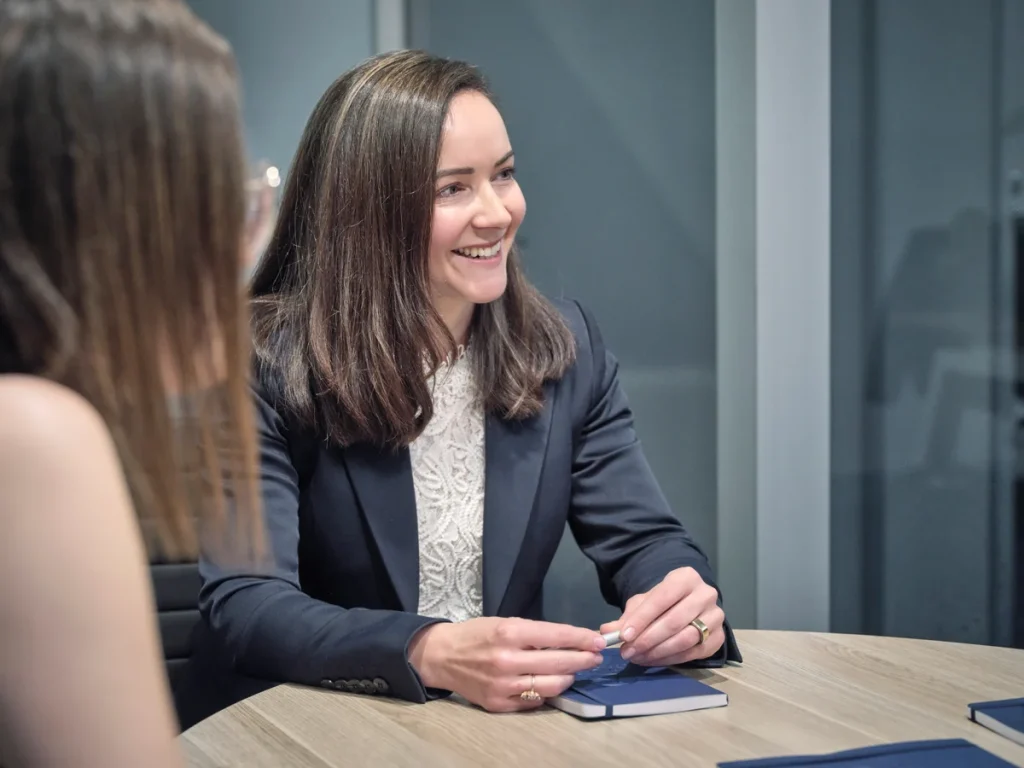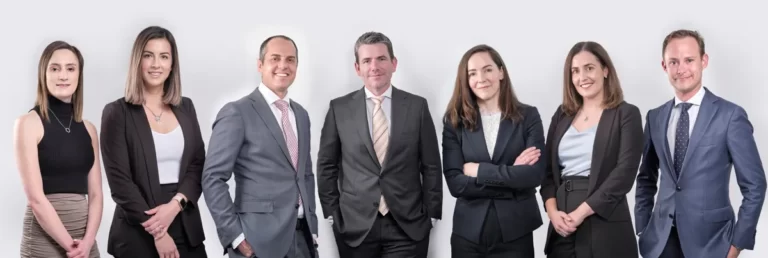Recently one of our directors, Dr Jennifer Flynn, presented on independent medical assessments, what a client can expect during an independent assessment, and what is considered good practice during an assessment. Providing insights to the assessment process and how to best prepare a client can be very beneficial, especially for anyone who may find the process to be stressful. Below we will review the main points highlighted by Dr Flynn and discuss some of the critical elements required from a practitioner’s point of view.
Firstly … what’s the purpose of an independent assessment?
The purpose of an independent assessment is to provide a snapshot of what has happened, how an injury or accident has affected a client, and what to expect in the future. The expert conducting the assessment is independent from any clinical matters involving the client and will assess the client and provide a report outlining their opinions and answering the questions asked. It is important to note here that during an assessment the expert should not and will not discuss the client’s condition, refer them for imaging or to another specialist. The expert should not be providing advice or suggesting treatment during the assessment.

Before an appointment.
To make sure your client is prepared and ready for an independent assessment there are a few things you could advise them to do prior to attending their appointment:
- Arrange a taxi or transportation ahead of time;
- Arrive early – there may be documentation to complete;
- Bring photo ID;
- Ensure your client knows where they need to go;
- Organise an interpreter if required and notify us that an interpreter is required;
- Ask your client to wear appropriate clothing so the area of injury can be assessed;
- Remember to bring any imaging; and
- Ask your client to bring a list of current medications.
What happens during an assessment?
An independent assessment will take anywhere between 45 minutes – 90 minutes. The physical examination by the expert needs to be thorough and may take up to 30 minutes depending on the injury. During the physical examination, the expert will ask your client to demonstrate what they can do, for example, checking their range of motion in a joint, or their muscle strength and gait when walking. The expert will also assess your client’s joint alignment, stability and tenderness. It’s not uncommon to experience some mild discomfort during an orthopaedic examination, however the specialist will ensure that any discomfort is recognised, and minimised.
What should you and your client expect of the medical expert?
The expectation of an independent assessor is that they provide a detailed and well-reasoned report that includes evidence-based treatment rationale and prognosis where relevant. Unnecessary third parties should not be present during an assessment or have a hand in drafting a report for an expert to review, though we have observed that this is unfortunately becoming a common practice in the field. It is vital that the file review, history, examination, and report fall upon the expert. If an assessment is too short, it is unlikely that your client has had an adequate opportunity to provide a history, detail their current ailments and undergo a thorough examination. It is important for the expert to create a relaxed and welcoming environment for the client, showing genuine respect and empathy in their interactions. Experts should be aware of any unconscious bias, and how this may influence an interaction and report.
Preparing a client for an independent assessment or impairment assessment can be a lengthy task. To assist, we have created a Client Preparation Sheet which outlines all of the above in a simple format. It is in an easy-to-read point format for clients to follow.
Contact us to get a copy today!

